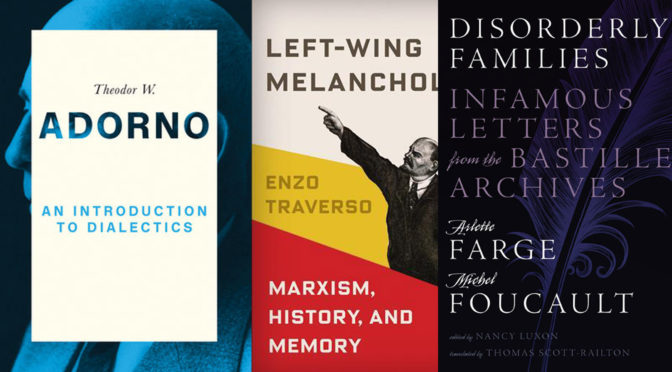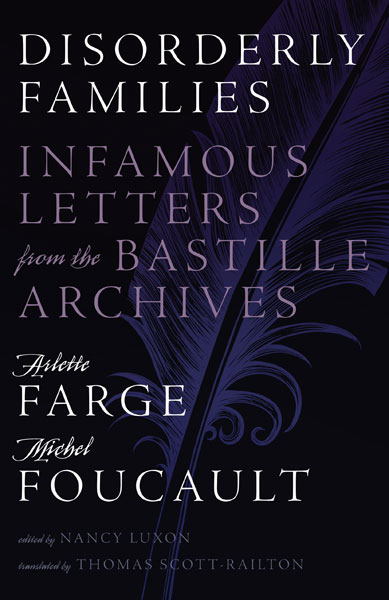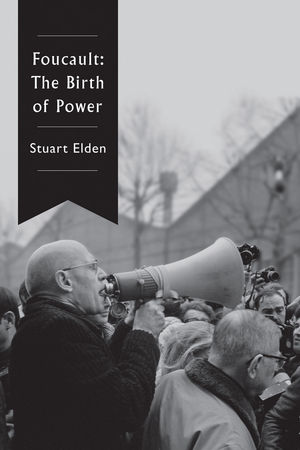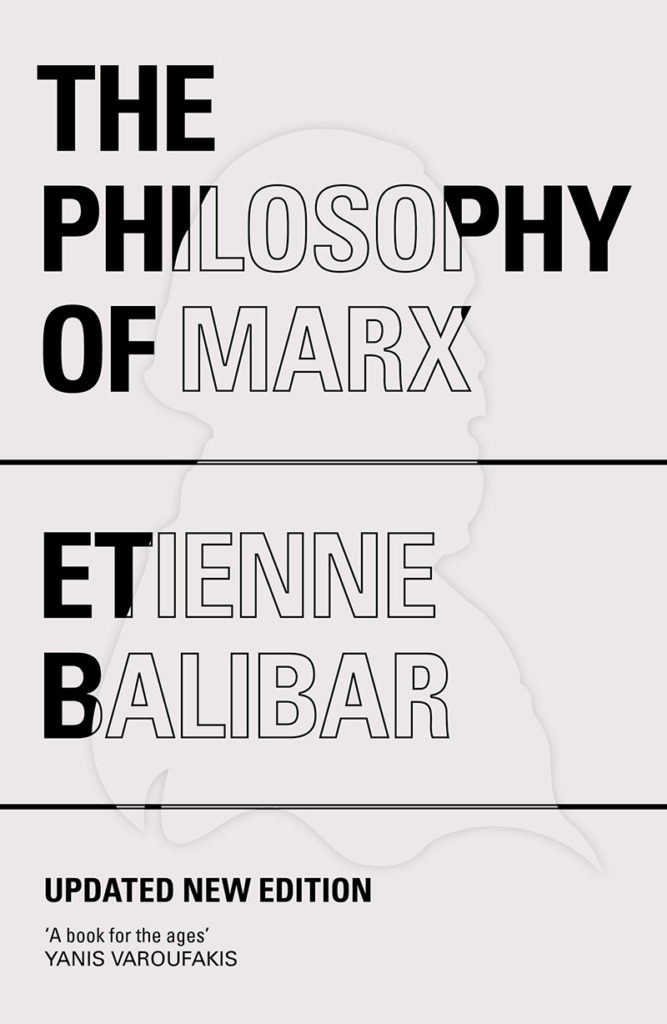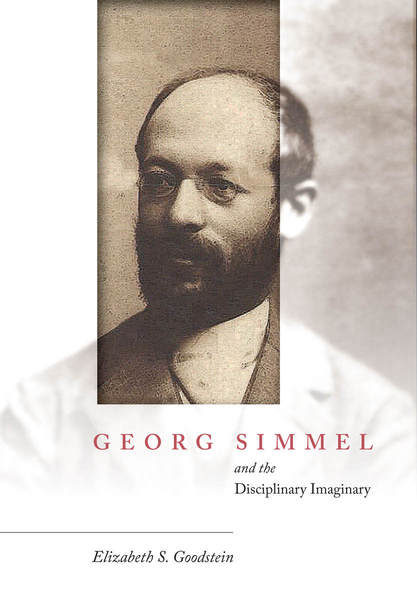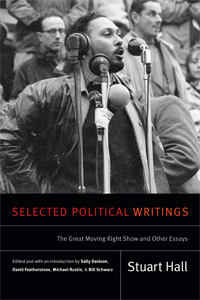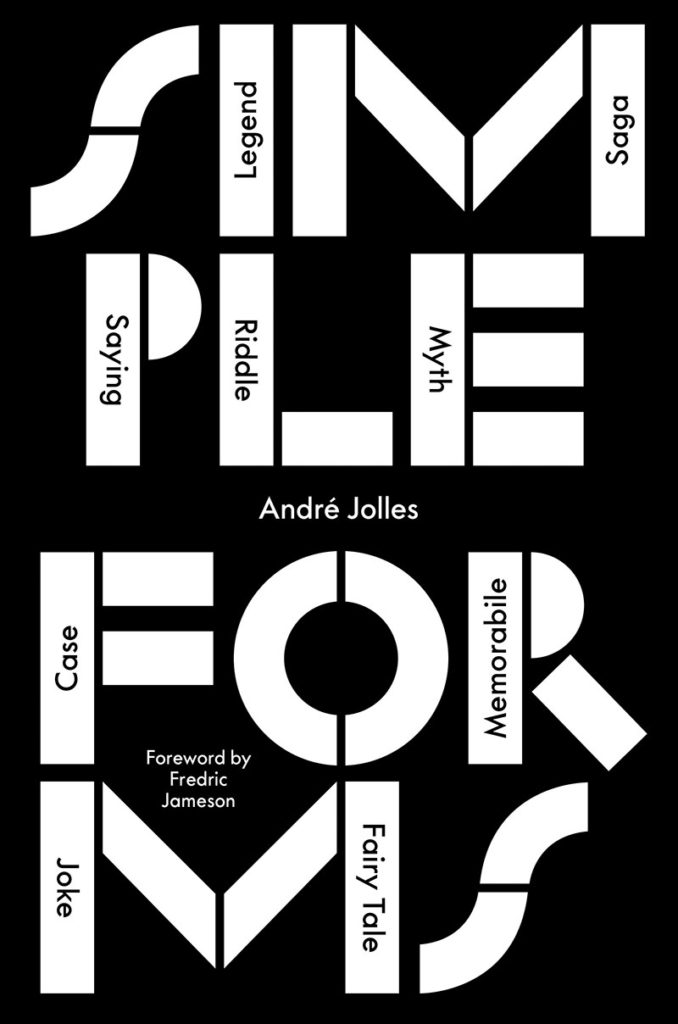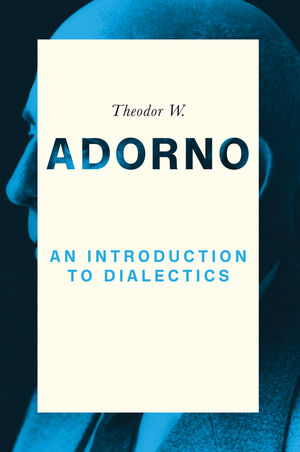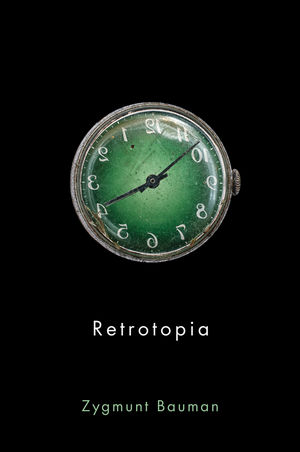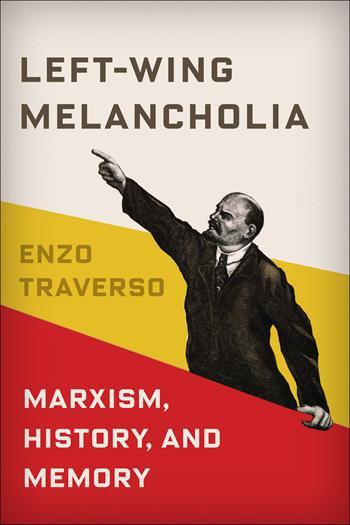If you’re an author or a publisher with a forthcoming book, send us a line at tips@critical-theory.com
Disorderly Families
By Arlette Farge and Michel Foucault
Drunken and debauched husbands; libertine wives; vagabonding children. These and many more are the subjects of requests for confinement written to the king of France in the eighteenth century. These letters of arrest (lettres de cachet) from France’s Ancien Régime were often associated with excessive royal power and seen as a way for the king to imprison political opponents. In Disorderly Families, first published in French in 1982, Arlette Farge and Michel Foucault collect ninety-four letters from ordinary families who, with the help of hired scribes, submitted complaints to the king to intervene and resolve their family disputes.
Gathered together, these letters show something other than the exercise of arbitrary royal power, and offer unusual insight into the infamies of daily life. From these letters come stories of divorce and marital conflict, sexual waywardness, reckless extravagance, and abandonment. The letters evoke a fluid social space in which life in the home and on the street was regulated by the rhythms of relations between husbands and wives, or parents and children. Most impressively, these letters outline how ordinary people seized the mechanisms of power to address the king and make demands in the name of an emerging civil order.
Arlette Farge and Michel Foucault were fascinated by the letters’ explosive qualities and by how they both illustrated and intervened in the workings of power and governmentality.
Buy it here.
Birth of Power
By Stuart Elden
Michel Foucault s The Archaeology of Knowledge was published in March 1969; Discipline and Punish in February 1975. Although only separated in time by six years, the difference in tone is stark: the former is a methodological treatise, the latter a call to arms. What accounts for the radical shift in Foucault s approach?
Several transitions took place during this period. Foucault returned to France from Tunisia, first to the experimental University of Vincennes and then to a prestigious chair at the Collège de France. Tunisia was a political awakening for him, and he returned to a France much changed by the turmoil of 1968. He quickly became involved in activist work, particularly concerning prisons but also around health issues such as abortion rights, and in his seminars he built research teams to conduct collaborative work, often around issues related to his lectures and activism.
Foucault: The Birth of Power makes use of his Collège de France courses, newly available documents at the Bibliothèque Nationale de France, as well as archival material relating to his activism and collaborative research, to provide a detailed intellectual history of Foucault as writer, researcher, lecturer and activist. Through a careful reconstruction of Foucault s work and preoccupations, Elden shows that, while Discipline and Punish may be the major published output of this period, it rests on a much wider range of concerns and projects. This is an essential companion to Foucault s Last Decade
Buy it here.
The Philosophy of Marx
By Etienne Balibar
Written by one of political theory’s leading thinkers, The Philosophy of Marx examines all the key areas of Marx’s writings in their wider historical and theoretical context—including the concepts of class struggle, ideology, humanism, progress, determinism, commodity fetishism, and the state. Etienne Balibar opens a gateway into the thought of one of history’s great minds.
In this updated edition to this now classic work, Balibar has added a substantial introduction and new material. Complete with key “information boxes” for the student to make the most challenging areas of theory easy to understand, this remains the best available introduction to the most important thinker of the past 200 years.
Buy it here.
Georg Simmel and the Disciplinary Imaginary
By Elizabeth Goodstein
An internationally famous philosopher and best-selling author during his lifetime, Georg Simmel has been marginalized in contemporary intellectual and cultural history. This neglect belies his pathbreaking role in revealing the theoretical significance of phenomena—including money, gender, urban life, and technology—that subsequently became established arenas of inquiry in cultural theory. It further ignores his philosophical impact on thinkers as diverse as Benjamin, Musil, and Heidegger. Integrating intellectual biography, philosophical interpretation, and a critical examination of the history of academic disciplines, this book restores Simmel to his rightful place as a major figure and challenges the frameworks through which his contributions to modern thought have been at once remembered and forgotten.
Buy it here.
Selected Political Writings
By Stuart Hall
Selected Political Writings gathers Stuart Hall’s best-known and most important essays that directly engage with political issues. Written between 1957 and 2011 and appearing in publications such as New Left Review and Marxism Today, these twenty essays span the whole of Hall’s career, from his early involvement with the New Left, to his critique of Thatcherism, to his later focus on neoliberalism. Whether addressing economic decline and class struggle, the Cuban Missile Crisis, or the politics of empire, Hall’s singular commentary and theorizations make this volume essential for anyone interested in the politics of the last sixty years.
Buy it here.
Simple Forms
By Andre Jolles
Legend, saga, myth, riddle, saying, case, memorabile, fairy tale, joke: André Jolles understands each of these nine “simple forms” as the reflection in language of a distinct mode of human engagement with the world and thus as a basic structuring principle of literary narrative. Published in German in 1929 and long recognized as a classic of genre theory, Simple Forms is the first English translation of a significant precursor to structuralist and narratological approaches to literature. Like Vladimir Propp’s Morphology of the Folktale, with which it is often compared, Jolles’s work is not only foundational for the later development of genre theory but is of continuing relevance today. A major influence on literary genre studies since its publication, Simple Forms is finally available in English.
Buy it here.
An Introduction to Dialectics
By Theodor Adorno
This volume comprises Adorno’s first lectures specifically dedicated to the subject of the dialectic, a concept which has been key to philosophical debate since classical times. While discussing connections with Plato and Kant, Adorno concentrates on the most systematic development of the dialectic in Hegel’s philosophy, and its relationship to Marx, as well as elaborating his own conception of dialectical thinking as a critical response to this tradition.
Delivered in the summer semester of 1958, these lectures allow Adorno to explore and probe the significant difficulties and challenges this way of thinking posed within the cultural and intellectual context of the post-war period. In this connection he develops the thesis of a complementary relationship between positivist or functionalist approaches, particularly in the social sciences, as well as calling for the renewal of ontological and metaphysical modes of thought which attempt to transcend the abstractness of modern social experience by appeal to regressive philosophical categories. While providing an account of many central themes of Hegelian thought, he also alludes to a whole range of other philosophical, literary and artistic figures of central importance to his conception of critical theory, notably Walter Benjamin and the idea of a constellation of concepts as the model for an ‘open or fractured dialectic’ beyond the constraints of method and system.
These lectures are seasoned with lively anecdotes and personal recollections which allow the reader to glimpse what has been described as the ‘workshop’ of Adorno s thought. As such, they provide an ideal entry point for all students and scholars in the humanities and social sciences who are interested in Adorno s work as well as those seeking to understand the nature of dialectical thinking.
Buy it here.
The Ministry of Nostalgia
By Owen Hatherley
In this brilliant polemical rampage, Owen Hatherley shows how our past is being resold in order to defend the indefensible. From the marketing of a “make do and mend” aesthetic to the growing nostalgia for a utopian past that never existed, a cultural distraction scam prevents people grasping the truth of their condition.
The Ministry of Nostalgia explodes the creation of a false history: a rewriting of the austerity of the 1940s and 1950s, which saw the development of a welfare state while the nation crawled out of the devastations of war. This period has been recast to explain and offer consolation for the violence of neoliberalism, an ideology dedicated to the privatisation of our common wealth.
In coruscating prose—with subjects ranging from Ken Loach’s documentaries, Turner Prize–shortlisted video art, London vernacular architecture, and Jamie Oliver’s cooking—Hatherley issues a passionate challenge to the injunction to keep calm and carry on.
Buy it here.
Retrotopia
By Zygmunt Bauman
We have long since lost our faith in the idea that human beings could achieve human happiness in some future ideal state a state that Thomas More, writing five centuries ago, tied to a topos, a fixed place, a land, an island, a sovereign state under a wise and benevolent ruler. But while we have lost our faith in utopias of all hues, the human aspiration that made this vision so compelling has not died. Instead it is re-emerging today as a vision focused not on the future but on the past, not on a future-to-be-created but on an abandoned and undead past that we could call retrotopia.
The emergence of retrotopia is interwoven with the deepening gulf between power and politics that is a defining feature of our contemporary liquid modern world the gulf between the ability to get things done and the capability of deciding what things need to be done, a capability once vested with the territorially sovereign state. This deepening gulf has rendered nation-states unable to deliver on their promises, giving rise to a widespread disenchantment with the idea that the future will improve the human condition and a mistrust in the ability of nation-states to make this happen. True to the utopian spirit, retrotopia derives its stimulus from the urge to rectify the failings of the present human condition – though now by resurrecting the failed and forgotten potentials of the past. Imagined aspects of the past, genuine or putative, serve as the main landmarks today in drawing the road-map to a better world. Having lost all faith in the idea of building an alternative society of the future, many turn instead to the grand ideas of the past, buried but not yet dead. Such is retrotopia, the contours of which are examined by Zygmunt Bauman in this sharp dissection of our contemporary romance with the past.
Buy it here.
Left Wing Melancholia
By Enzo Traverso
The fall of the Berlin Wall marked the end of the Cold War but also the rise of a melancholic vision of history as a series of losses. For the political left, the cause lost was communism, and this trauma determined how leftists wrote the next chapter in their political struggle and how they have thought about their past since. Throughout the twentieth century, argues Left-Wing Melancholia, from classical Marxism to psychoanalysis to the advent of critical theory, a culture of defeat and its emotional overlay of melancholy have characterized the leftist understanding of the political in history and in theoretical critique.
Drawing on a vast and diverse archive in theory, testimony, and image and on such thinkers as Karl Marx, Walter Benjamin, Theodor W. Adorno, and others, the intellectual historian Enzo Traverso explores the varying nature of left melancholy as it has manifested in a feeling of guilt for not sufficiently challenging authority, in a fear of surrendering in disarray and resignation, in mourning the human costs of the past, and in a sense of failure for not realizing utopian aspirations. Yet hidden within this melancholic tradition are the resources for a renewed challenge to prevailing regimes of historicity, a passion that has the power to reignite the dialectic of revolutionary thought.
Buy it here.

